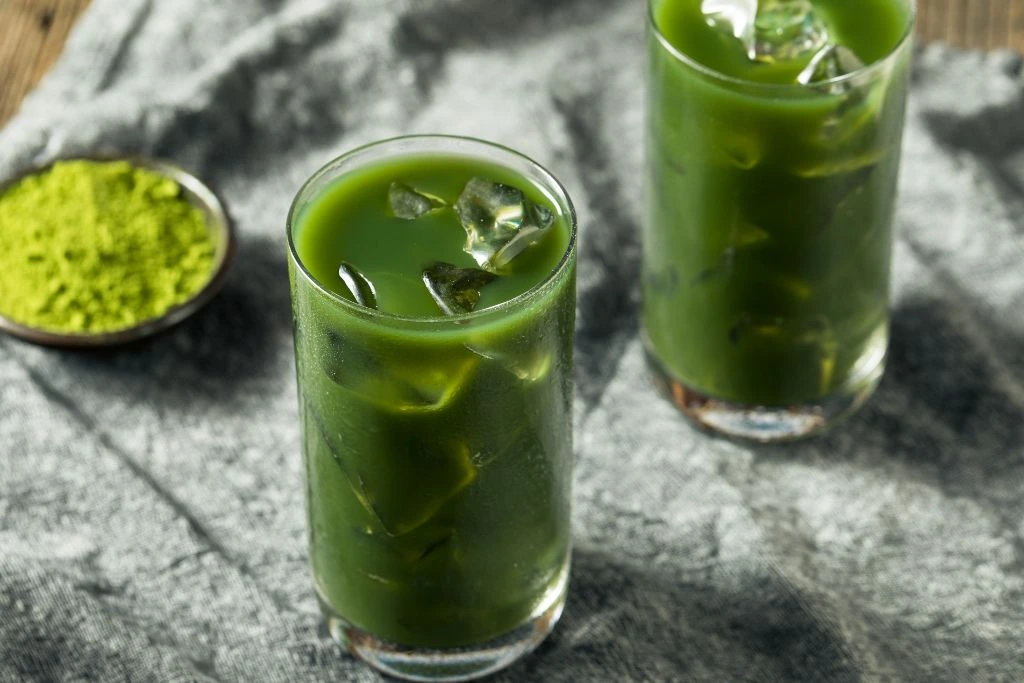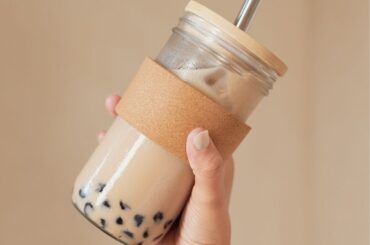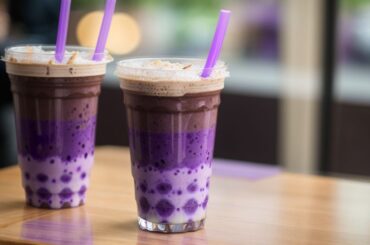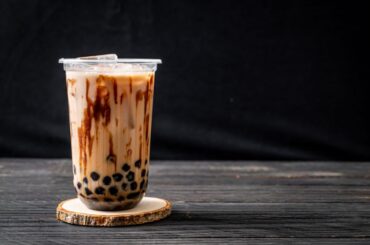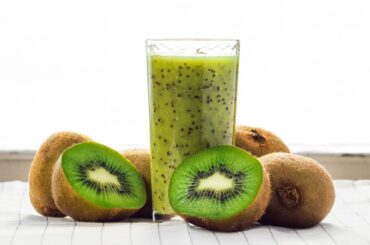Milk and tea are the top-selling beverages in the world, and the milky taste, creamy texture, and soothing properties of matcha make it one of the most popular tea drinks today.
Matcha is derived from shade-grown Camellia sinensis leaves to create a smooth, green powder with unique health benefits, like promoting brain function and increasing energy levels. It’s perfect for making matcha milk tea with its distinct taste.
Before we give you the recipe, we suggest you read some information about matcha and its benefits. Don’t worry; it’s enough to justify why you should drink this green beverage regularly.
What is Matcha Boba Tea?
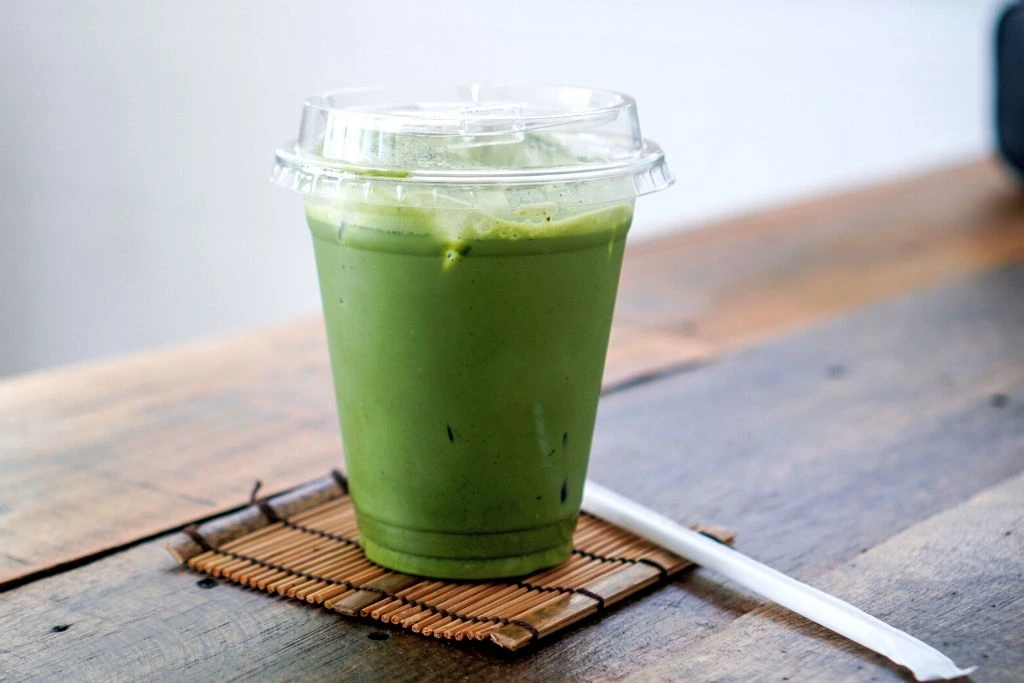
Matcha bubble tea, also known as “boba” tea, is a popular drink in Japan. It consists of green tea ice cream, matcha powder, and milk or fruit juice. The word “boba” (pronounced “boh-bah”) comes from the Japanese word for “bubble” because these drinks tend to froth up when served.
What Does Matcha Bubble Tea Taste Like?
You’ve probably noticed that the taste of matcha bubble tea is different from any other drink you’ve ever had. It’s sweet and creamy but not as sweet as a regular boba drink or thick enough to make it feel like drinking something from a straw. If you’re looking for something sweet, this isn’t the beverage for you. The grassy flavor of matcha will be more noticeable than in other drinks with added sugar or syrup, so keep that in mind when ordering.
Matcha Boba Tea Benefits
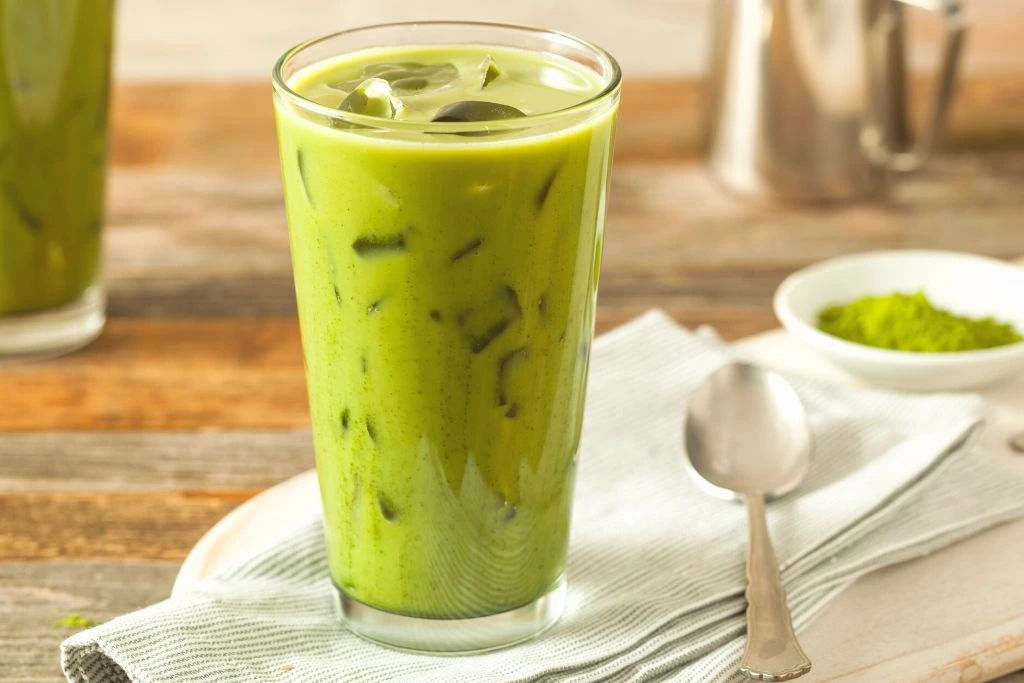
Matcha Boba is made by mixing regular hot water with the powdery green tea leaves and then adding the tapioca balls into your cup. The result is a thick liquid that tastes like heaven in your mouth.
Matcha tea is rich in antioxidants, which can help you to fight off free radicals and keep your body healthy. These antioxidants are also known to be good for weight loss, mental focus, and brain function.
Matcha tea has L-theanine, which helps with your sleep cycle by improving the quality of your sleep. L-theanine also reduces stress levels, improves mood, and lowers blood pressure.
It’s been shown that drinking matcha boosts metabolism by 5% in just three days. This means you will burn more calories while eating fewer calories than before. You might ask, “What are the benefits of drinking matcha tea?” We have the answers for you, so keep reading!
Fights Free Radicals
Matcha is rich in catechins, a class of plant compounds in tea that acts as natural antioxidants. Catechins are polyphenols found in many foods and beverages, from red wine to broccoli. Its presence in matcha has several unique benefits when consumed regularly.
Antioxidants help stabilize harmful free radicals, compounds that can damage cells and cause chronic disease. Studies have shown that matcha tea can help prevent cancer, heart disease, and diabetes.
Higher levels of catechins mean more potent antioxidant activity. EGCG (Epigallocatechin gallate) is an antioxidant with potent biological effects. It protects neurons within the brain and may prevent the development of Alzheimer’s. It also protects against age-related cognitive decline by reducing oxidative stress on brain cells.
Protects the Liver
According to the American Journal of Clinical Nutrition, matcha has been shown to have anti-inflammatory properties and may help protect the health of your liver. Some studies have found that matcha may also help reduce liver damage caused by alcohol consumption or heavy drinking.
If you’re concerned about your liver health, adding matcha to your diet may be worth a try!
Improves Cognitive Function
As mentioned, matcha tea contains L-theanine, a naturally occurring amino acid that may improve cognitive function. Matcha’s high caffeine content also makes it an ideal drink for people who need to stay alert and focused throughout the day. According to some studies, the caffeine in matcha can even improve your mood. For many, it’s a perfect beverage to have for breakfast that keeps them awake throughout the day, minus the jittery feeling.
Prevents Cancer
Matcha tea’s benefits aren’t only for acute illnesses. It has also shown potential for preventing chronic diseases, such as cancer.
Antioxidants are substances that protect cells from damage by free radicals. Free radicals are highly reactive molecules that can cause cell damage and inflammation. This can lead to cancer and other diseases like heart disease and Alzheimer’s disease.
Matcha has more antioxidants than regular green tea because of its high concentration of chlorophyll (a critical plant pigment).
Maintains Cardiac Health
Heart diseases have been a primary concern for many health experts. Globally, heart diseases remain the major cause of death. Studies have shown that several factors may contribute to the development of heart diseases, including diet. Adding matcha tea to one’s diet can help reduce the risk of heart disease by lowering cholesterol levels.
Studies have found that green tea consumption lowers heart disease risk by 31% compared to those who don’t drink it. This result is mainly due to the presence of antioxidants in matcha tea.
Promotes Weight Loss
Matcha tea is a great option for weight loss because it’s high in catechins, which help promote weight loss. Catechins are antioxidants found in green tea that can help increase the metabolic rate and suppress appetite by increasing the release of satiety hormones, like leptin and cholecystokinin (CCK).
The caffeine in matcha tea also helps boost metabolism, so you’ll burn more calories throughout the day than you would if you drank coffee or another caffeinated beverage without matcha added to it.
Are you ready to make this healthy and refreshing drink at home? Follow our matcha boba recipe below!
Matcha Boba Tea Ingredients
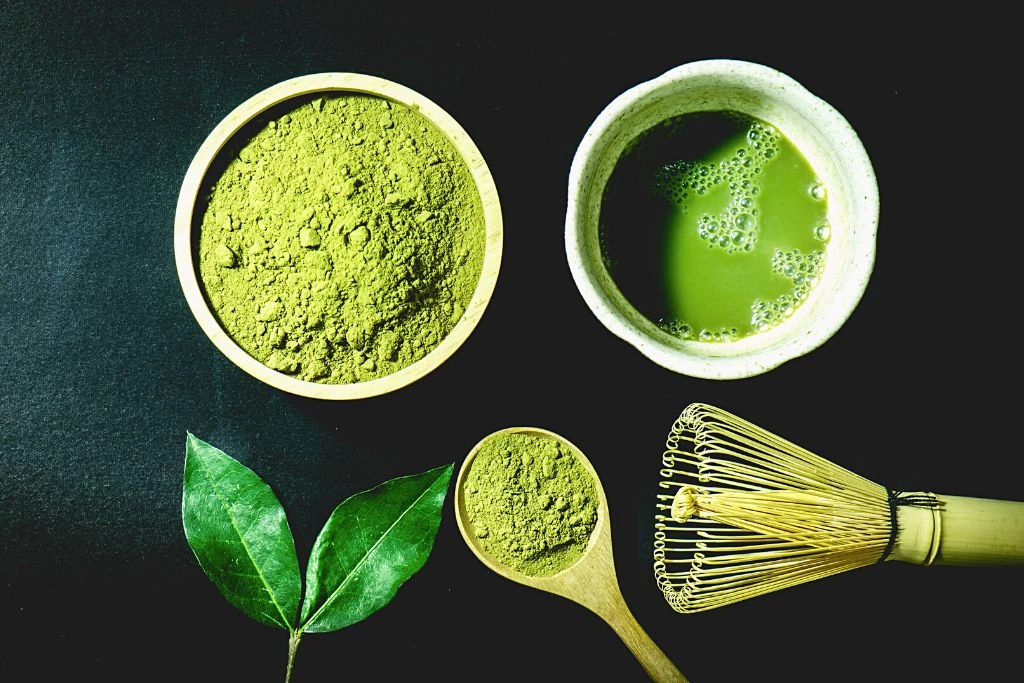
Yield: 2 glasses
Preparation Time: 10 to 15 minutes
Cooking Time (tapioca pearls): 20 to 30 minutes
Here’s what you need:
- Matcha powder (2 tbsp): Matcha powder is widely available in grocery stores, thanks to its immense popularity and increasing demand.
- Tapioca Pearls (½ cup or 2 packs): Only cook enough tapioca pearls to reduce food waste. Cooked tapioca pearls last only up to two hours when left out.
- Water (as needed to fill your tumbler or teapot): You’ll want to make sure that the water is not boiling before adding it to matcha-infused milk tea.
- Milk or milk substitute of choice (2 cups): It’s best to use almond milk, but any type of dairy product will work just fine! (If using a non-dairy option, like soy or coconut, you may need more liquid than usual.)
- Honey (2 tbsp): Adding honey as a sweetener will help keep your drink as healthy as possible. Matcha has a grassy taste that you want to balance with sweetness. If you don’t have honey, you can use any liquid sweetener, like sugar syrup.
- Ice cubes: Add as much as you want!
How to Make Matcha Boba Tea
Cook the Tapioca Pearls
Bring the water to a boil in a medium pot. Add the tapioca pearls and cook according to the package directions. Transfer the cooked tapioca pearls to a shallow bowl and refrigerate for about 15 minutes until cool.
Divide the cooled tapioca pearls between two tall glasses. When ready to serve, pour enough cold water over the tapioca pearls until they are covered. Set aside while you make the matcha milk tea.
Prepare the Matcha Milk Tea
In a blender, combine the milk and honey. Blend on high until foamy, about 2 minutes. Add the matcha powder and blend again until well combined, about 30 seconds more. Pour the matcha milk tea into each glass on top of the chilled tapioca pearls. Top with extra matcha powder as desired.
Serve and Enjoy!
Serve immediately with a large bubble tea straw.
Matcha tea is a healthy, rich-tasting beverage that offers many health benefits. It’s also a favorite drink because it has just the right amount of richness and doesn’t taste like anything else. And it’s so easy to make! This bubble milk tea recipe uses ingredients that most people have in their homes: tapioca pearls and matcha powder (which you can find at any grocery store or online).
We hope you’ve enjoyed our matcha bubble tea recipe and given you a good sense of the process. If you have any questions or would like to share your own experience with making this popular drink, please leave a comment below. We would love to hear from you!
FAQs
Is Matcha Boba Tea Healthy?
Matcha Boba Tea is a healthy alternative to sugary drinks. It’s also a good source of antioxidants, which can help you lose weight and fight cancer.
Matcha is made from the leaves, stems, and roots of the Camellia sinensis plant. The leaves are ground into a powder before steeped with hot water or milk to produce green tea with an unusual flavor profile that includes a taste similar to matcha powder but also includes other ingredients, like ginger root (which increases digestion), honey (to sweeten it), and cinnamon (for additional warmth).
Is Boba Good With Matcha?
Yes. Boba is an excellent accompaniment to the earthy, somewhat grassy matcha flavor. It’s great for adding a bit of sweetness to the drink, making it a perfect milky green tea recipe combination.
Can You Drink Matcha Tea Every Day?
Yes, you can drink matcha tea daily. With its high caffeine content and health benefits, matcha tea is an excellent alternative to coffee. We recommend consuming matcha tea in the morning or mid-afternoon if you need to be awake. Never drink it close to your bedtime.
Like with anything, moderation is what will keep your health in check. If you have medical conditions, consult with your medical specialist before adding them to your daily diet.

